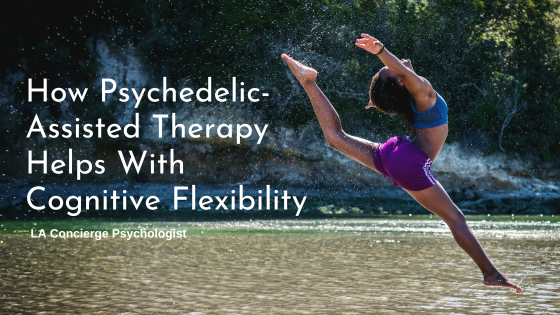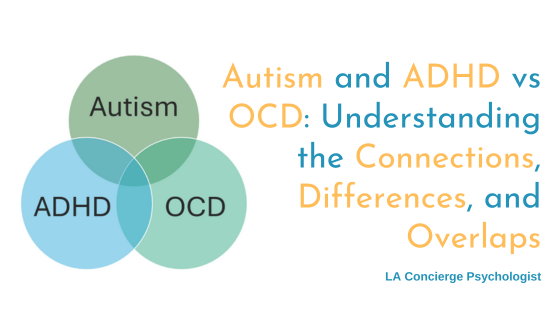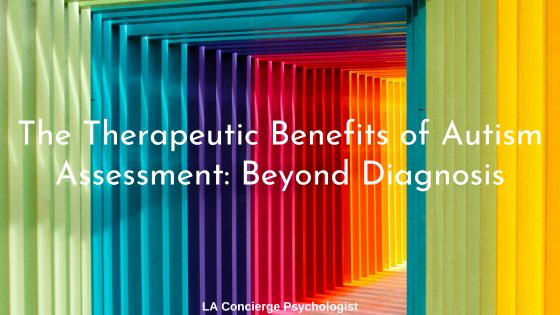Masking is the process of trying to fit into a specific and socially acceptable mold, no matter what your natural instincts are. The term is most often used in context with autism. However, most, if not all, neurodivergent people mask throughout some or all their lives. They’ve been told they are too much, their behaviors are too weird, they need to behave more ‘normally’, or that they will only succeed if they learn to fit in.
The world pushes neurodivergent people to mask, so much so that it becomes part of who they are. They spend so much time suppressing their natural instincts that the mask becomes part of them. It can also be a safety tool. If a neurodivergent person lives in an environment where it’s not safe to stand out or where they will not receive support, then it’s often significantly safer to mask all the time.
But masking can do long-term damage to identity, self-esteem, self-acceptance, and independence. Masking means putting up with behaviors and situations you find distressing, acting in ways that feel unnatural, and constantly draining your mental battery so you don’t draw attention to yourself. Whether it’s for safety or simply because it’s easier, masking comes at a high cost.
Everyone deserves to live as authentically as they can. And when you take off the mask society’s been forcing you to wear, you might find a surprising and wonderful person underneath. That person deserves to live in the world, too, and there are ways you can help that happen.
1. Figure Out Your Own Pace
Unmasking can be very positive, but it’s also difficult. Even though you are learning to be yourself, you’ve stifled this part of you for a long time. So it’s okay to take it slow. There’s no required timeline for when or how you must start unmasking or when you should be completely yourself. Everyone’s circumstances and comfort levels are different; don’t compare yourself to others. Just take the steps you’re comfortable with and proceed when you feel ready.
Also, remember to take your safety into account. Many neurodivergent people really encourage each other to unmask, and that’s great. But you know your situation best. If it’s not safe for you to start revealing your authentic self, caring for your safety takes top priority. Focus on keeping yourself safe and finding a better situation—your mask will protect you until you’re ready to set it aside.
2. Think about What You’re Like When You’re Alone
One of the best ways to figure out what you’re like without a mask is by noticing how you behave when you’re alone and know you won’t be interrupted. This can show you what a life free from shame looks like. Do you talk to yourself while you do things? Do you wear specific clothes that might be considered “weird” but make you comfortable? Maybe you make noises or hand motions while you speak or think. Maybe you keep your possessions in “strange” places because it works better for you. Think about what you do when you’re only managing yourself.
Pay attention to your emotions too. When people aren’t around you might feel more relaxed; why is that? Or you might be less perky because you don’t feel the need to pretend. You might stop smiling constantly. Not every difference is going to be massive. But, if you think about how you feel when you’re alone and relaxed, it will help you figure out what your unmasked self might look like, and help you set goals for your unmasking process.
3. Notice The Behaviors You Do For Other People
On the flip side, think about the things you do for other people. Some people force themselves to make eye contact, so they don’t upset others. Some have been told it’s bad to flap their hands, so they refrain from flapping around friends. Many people are constantly told they need to stop moving, stop fidgeting, smile more, talk less, and they comply because they want to blend in and avoid criticism.
You might not dislike every behavior you picked up from the outside influences in your life. And you don’t have to get rid of all of them if they’ve become part of you and they feel natural. But, if the only reason you do something is because you feel like you should or because you’re afraid of what will happen if you don’t, it’s going to be hard to find your self-expression. Awareness is an important step in separating your true behaviors from the accommodations you’ve made to appease the people around you.
4. Recognize Internalized Ableism
If you’re really letting yourself behave the way that feels natural, you might find some of the behaviors that come out are uncomfortable at first. This doesn’t mean they’re not natural though; it might mean you have internalized many ableist beliefs. Some autistic people have said that they find it regulating to rock. However, they were uncomfortable letting themselves do it at first because they’d been told for so long it was wrong. Society labels a lot of activities and behaviors as “weird”, and you might find them strange, too. However, if you enjoy them or they make you feel more natural and at ease, then you should work on pushing through that “weirdness” to see what happens.
For many people, once they start unlearning the ableist beliefs they’ve grown up with, they become more willing to express themselves in the ways that feel best. They might not always be accepted by broader society, but that means a lot less when you realize that ‘socially acceptable’ is a concept constructed by people with entirely different brains and you didn’t sign a contract to live like that forever.
5. Let Yourself Rediscover Passion
Devon Price lists this tip in his book about unmasking for autistic people. So often, neurodivergent people are told that their interests are irrelevant or that they are a waste of time. But special interests and hyper-focuses are fantastic sources of creativity and joy. Learning how to let yourself take true pleasure in these activities is a fantastic way to learn about your true self.
No matter how obscure or “abnormal” your interests are, there’s no shame in enjoying them. They are a major part of who you are, and you should be able to have them in your life. Joy and passion can provide a great deal of healing, so it’s important you don’t deny yourself this chance to grow and recover.
6. Find A Neurodivergent Community
It’s important to find a like-minded community, especially if you received your diagnosis later in life and spent most of your early years only with neurotypical people. Spending time with people who understand your neurotype and the difficulties of being neurodivergent can be very healing. They can help you unmask because they can provide a safe space to do it. If you’re in a place where people don’t have to carefully monitor their speech, where they can move their bodies however they need to, and where they can talk about their legitimate struggles, then you will feel freer to express yourself.
Unmasking is hard. Partially because the people who only know the masked you might find the change jarring. So, it’s important that you have a community who can validate your authenticity. These can be groups at school, Facebook communities, Discord chats, or subreddits. There’s no one right way to find your neurodivergent people. It can be centered around a mutual special interest or just around your neurodivergence. The only important part is that people are affirming of the neurodivergent identity.
7. Get Professional Support
Unmasking isn’t a quick process, and it isn’t linear. You will go through a lot of different stages, and it may sometimes be difficult. But once you’ve explored your identity and found your people, you will experience greater peace and contentment. You will be more authentically you. You will be able to care for your own needs without always bowing to social pressure. Self-expression is hard, but the effort is worth the fight. You deserve to live as you.
If you’re struggling tom unmask, either because of internalized ableism or the stress of dealing with unaccepting friends and family, getting support from an adult autism or adult ADHD specialist can help. Send us a message to see how we can help or book a free 20 minute consultation with Dr. Barajas or Dr. Goldman.



